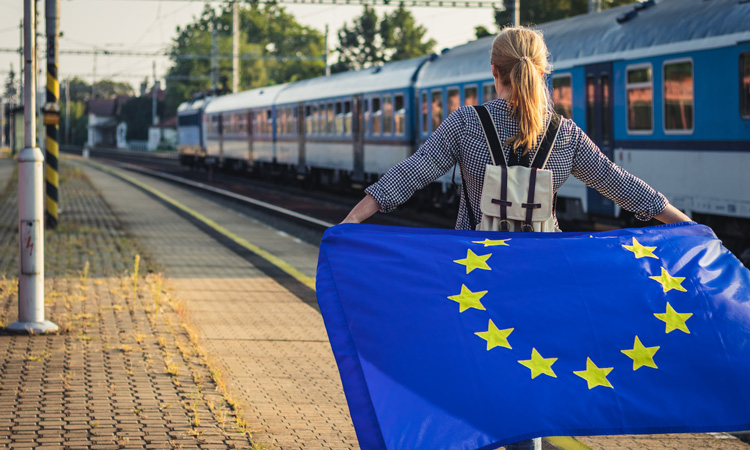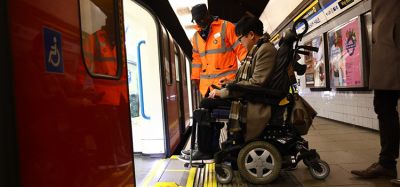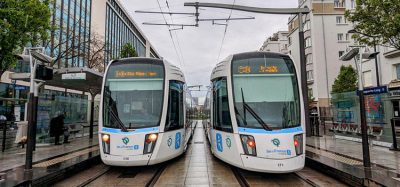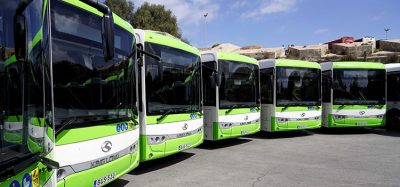EU invests over €2 billion in 140 transport projects to jump-start economy
- Like
- Digg
- Del
- Tumblr
- VKontakte
- Buffer
- Love This
- Odnoklassniki
- Meneame
- Blogger
- Amazon
- Yahoo Mail
- Gmail
- AOL
- Newsvine
- HackerNews
- Evernote
- MySpace
- Mail.ru
- Viadeo
- Line
- Comments
- Yummly
- SMS
- Viber
- Telegram
- Subscribe
- Skype
- Facebook Messenger
- Kakao
- LiveJournal
- Yammer
- Edgar
- Fintel
- Mix
- Instapaper
- Copy Link
Posted: 20 July 2020 | Sam Mehmet (Intelligent Transport)
The projects aim to help reboot the economy post COVID-19, build missing transport links across the continent, support sustainable transport and create jobs.


The European Union (EU) has announced that it is supporting the economic recovery from COVID-19 in all EU member states by injecting almost €2.2 billion into 140 key transport projects. The projects will receive funding through the Connecting Europe Facility (CEF), the EU’s grant scheme supporting transport infrastructure.
With this budget, the EU aims to deliver on its climate objectives set out in the European Green Deal. A strong emphasis is on projects reinforcing railways, including cross-border links and connections to ports and airports. Inland waterway transport is to be boosted through more capacity and better multimodal connections to the road and rail networks and the maritime sector is to be boosted by short-sea-shipping projects based on alternative fuels and the installation of on-shore power supply for ports to cut emissions from docked ships.
EU Commissioner for Transport, Adina Vălean, said: “The €2.2 billion EU contribution to this crucial transport infrastructure will help kick-start the recovery, and we expect it to generate €5 billion in investments. The type of projects we invest in ranges from inland waterways transport to multimodal connections, alternative fuels to massive railroad infrastructure. The Connecting Europe Facility (CEF) is one of our key instruments in creating a crisis-proof and resilient transport system – vital now and in the long run.”
The EU will support rail infrastructure projects located on the trans-European transport (TEN-T) core network with a total of €1.6 billion (55 projects). This includes the Rail Baltica project, which integrates the Baltic States in the European rail network, as well as the cross-border section of the railway line between Dresden (Germany) and Prague (Czechia).
It will also support the shift to greener fuels for transport (19 projects) with almost €142 million. A number of projects involve converting vessels so they may run on Liquefied Natural Gas (LNG), as well as installing corresponding infrastructure in ports.
Road transport will also see the deployment of alternative fuels infrastructure, namely through the installation of 17,275 charging points on the road network and the deployment of 355 new buses.
Nine projects will contribute to an interoperable railway system in the EU and the seamless operation of trains across the continent through the European Rail Traffic Management System (ERTMS). Upgrading locomotives and railway track to the unified European train control system aims to boost safety, decrease travel times and optimise track usage. The nine projects will receive over €49.8 million.
Related topics
COVID-19, Fleet Management & Maintenance, Infrastructure & Urban Planning, Public Transport, Sustainable Urban Transport
Related cities
Europe
Related organisations
European Union (EU)
Related people
Adina Vălean








